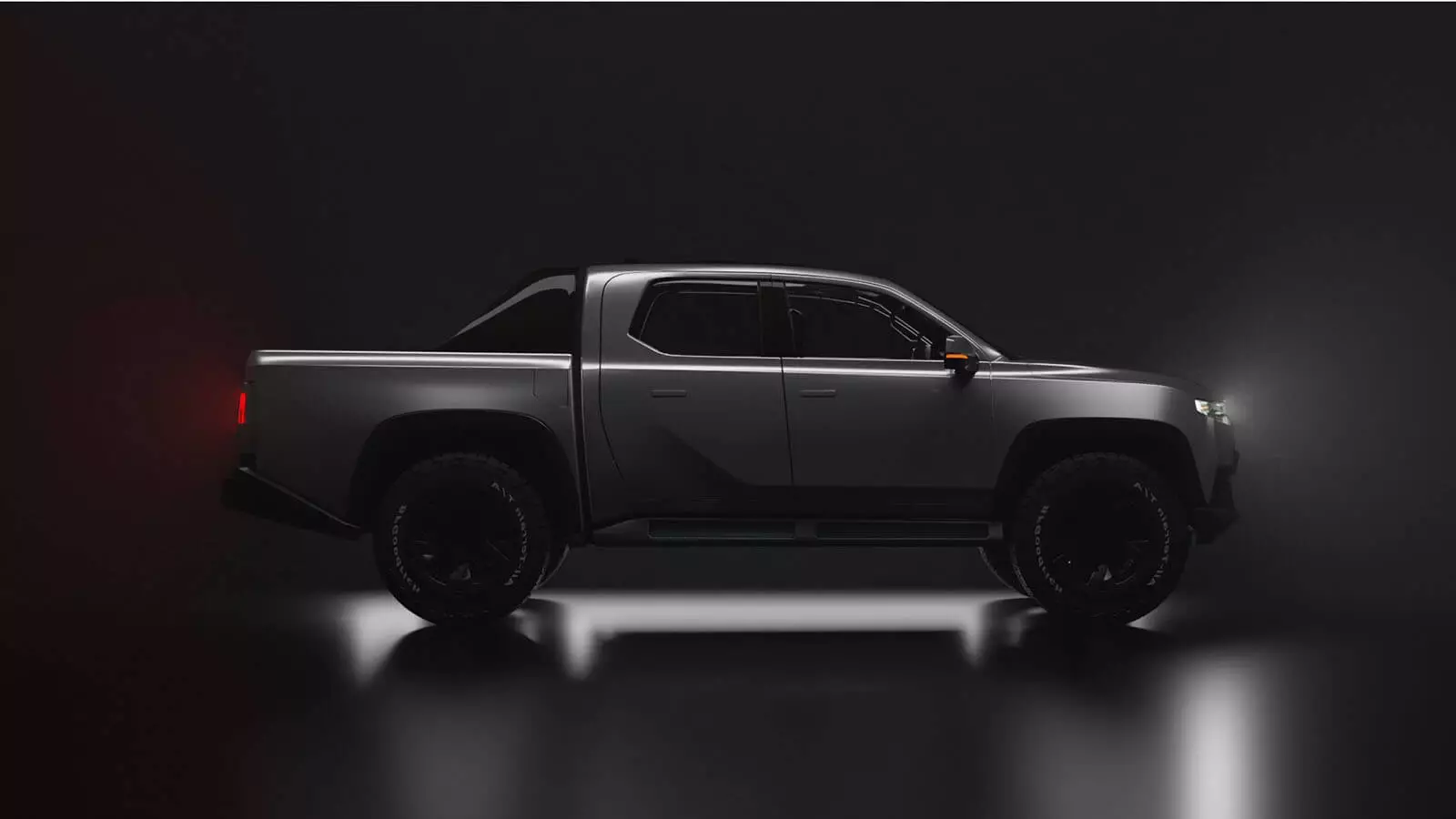With the same name as one of the largest rivers in the Iberian Peninsula, the Spanish Ebro is still part of the imagination of nuestros hermanos, with its trucks, buses, vans, jeeps and tractors being a regular presence on the roads of Spain for decades and not only. They also had an important presence in Portugal.
Founded in 1954, Ebro disappeared in 1987 after Nissan acquired it. Now, almost 35 years later, the famous Spanish brand that produced (and marketed) the Nissan Patrol is ready to return thanks to the company EcoPower.
This return is part of an ambitious project that brought together several Spanish companies and which intends to take advantage of the factory that Nissan will close in Barcelona, Spain.
Return in electric mode
The first model of the returning Ebro consists of a 100% electric pick-up about which there is not much information yet — it will be able to use the foundations of the Nissan Navara, which was produced in Barcelona —, except for a set of images that anticipate a model with a contemporary and even aggressive look.
Later, the plan is to create not only a complete range of all-terrain vehicles, but also to keep in production some of the models that Nissan currently produces in Barcelona, such as the e-NV200, but under a new brand.
But this is just the “tip of the iceberg”. In addition to these light vehicles, the production of industrial vehicles, platforms for electric buses and small trucks is also planned.

Another of the goals of this project is participating in the Dakar in 2023, a competition in which Acciona (which has already shown interest in buying several pick-up units) has been a pioneer in the use of electric models.
A (very) ambitious project
In addition to the relaunch of Ebro, this project has the participation of companies such as QEV Technologies, BTECH or the Ronn Motor Group that foresees an authentic “electric revolution” in Spain.
According to the companies behind the project, this represents an investment of 1000 million euros over the next five years and the creation of 4000 direct jobs and 10 thousand indirect jobs.
The idea is to create a “Decarbonisation Hub”, taking advantage of the facilities that Nissan will no longer use in Barcelona to transform Spain into a leader in electric mobility.
Thus, the project includes the production of fuel cells (with SISTEAM); the creation of a battery homologation and certification center (with APPLUS); the manufacture of battery exchange systems for micromobility vehicles (with VELA Mobility); the production of batteries (with EURECAT) and the production of carbon fiber wheels (with W-CARBON).
